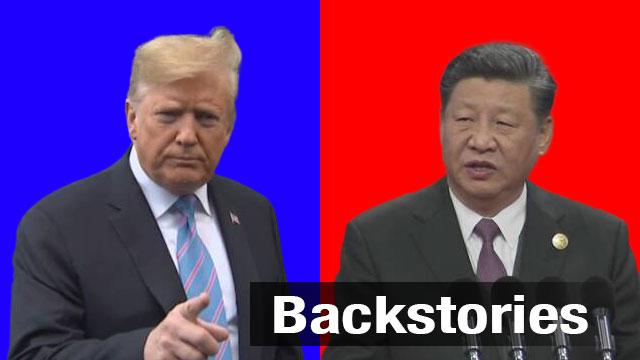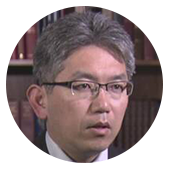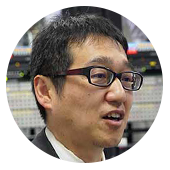Q: What is US President Donald Trump doing to ensure the success of the talks?
The United States has a deep mistrust of China, claiming the country has backtracked on promises. These promises are the key for any trade talks to be successful.
Washington claims China's state-owned businesses receive excessive amounts of preferential subsidies, giving them an unfair advantage in the global market. Also, US companies operating in China are forced to provide their in-house technology to Beijing. The US is demanding that these policies be reviewed.
Trump wants to create a scheme in which the US can monitor China and make sure the country keeps its promises. He wants China to sign legally-binding deals, and says he will keep tariffs in place until the US can be sure they are keeping their promises.
Q: What does Chinese President Xi Jinping think of these demands?
He believes they're unacceptable, and that's why trade negotiations in May failed. In an interview after the talks in Washington, Vice Premier Liu He said China would not compromise on matters of principle.
China is urging the US to quickly remove tariffs once negotiations are concluded. Beijing also wants an agreement document that is worded in a way that takes China's dignity into account.
For its part, Beijing apparently believes the US demands infringe on Chinese sovereignty.
Q: What is Trump looking for? It seems like the US has nothing to gain from a prolonged dispute.
It certainly could adversely affect the US economy. The trade war is weighing on financial markets and the stock markets have become unstable.
Still, many people support Trump's approach. And with the presidential election coming up next year, it's unlikely he'll change. Keeping a firm stance will help maintain the loyalty of his conservative base.
But taking politics out of it, the US has gained nothing from more than a year of friction with China.
The initial objectives of the negotiations were the reduction of the trade deficit and a review of unfair trade practices. But neither of these has been accomplished, and Trump is now stressing the rise in revenues from tariffs. This seems like a deflection tactic.
Q: What are the effects of the trade friction on the Chinese economy?
The higher tariffs led to a double-digit decline in Chinese exports to the US in April compared with last year. The new sanctions and the tit-for-tat countermeasures will only put a greater burden on Chinese firms and consumers.
Following the failure of last week's negotiations, China's state-run media stressed the country's economy remains solid and the nation is responding properly to the situation. But I think China is, in fact, feeling a sense of crisis and that the Communist Party leadership is actually anxious about the situation.
Q: Many US firms have factories in China. Does Trump believe that higher tariffs on an American company will help his cause and put pressure on China?
Trump, who calls himself the Tariff Man, apparently sees this strategy as the most effective tool he can use to draw concessions from China and other nations.
He believes that if countries don't want to deal with higher tariffs, their companies should simply move their factories out of China. US firms are no exception.
Trump has repeatedly urged companies on Twitter to move their production bases to the US. He believes that if this happens, China will suffer and there will be more jobs in the US.
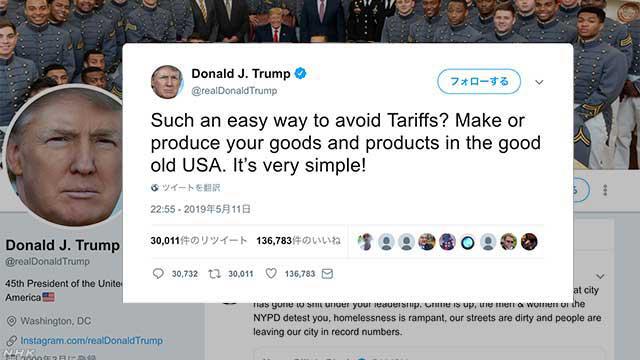
Q: The US argues China is violating intellectual property rights and is giving excessive preferential treatment to state-run companies.
Since China shifted its economic focus to policies of reform 40 years ago, it has achieved growth while incorporating market principles. But now that it's facing a slowdown, calls are growing for structural reforms. The introduction of principles of competition within inefficient state-run companies is one of them. Stronger efforts to protect intellectual property is another. Many in China believe this is needed to secure its status as a modern, technology-oriented country. In fact, some reform-minded people in China believe the US pressure will actually help their country.
Q: Where do you think the trade row will go from here?
President Trump has indicated a willingness to meet with President Xi on the sidelines of the G20 summit in Osaka in late June.
But the rift between the countries is so deep that I think it's still uncertain whether this meeting can take place. The US and China are likely to remain at odds until the other side throws in the towel.
Both countries are using fiscal stimulus to support their economies and are gradually getting used to the situation. Companies in Japan and elsewhere in the world might have to start thinking of the US-China race for supremacy as the new normal.
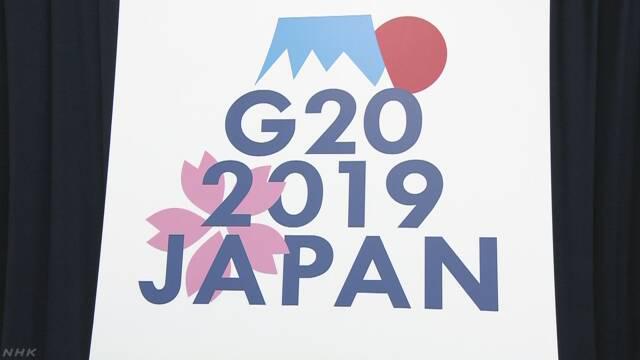
Until the final stages of the latest round of negotiations, China had to an extent accepted US demands and seemed willing to reach a deal. But it seems like this opportunity has passed.
The fact that Beijing outlined the issues it would not compromise on after the talks ended without a deal makes me think that the conservatives on the Chinese side are gaining influence over the reformists in the negotiations.
If the conservatives continue to gain power, it may be difficult for the reformists to push the policies they believe China needs.
Either way, both countries will need to take drastic steps to reach an agreement on the sidelines of June's G20 summit. If they fail to do so, the trade war is likely to continue for some time.
